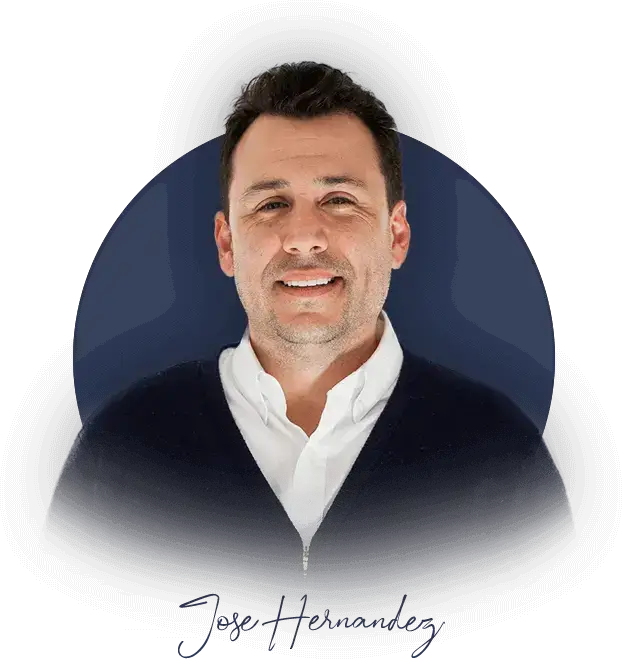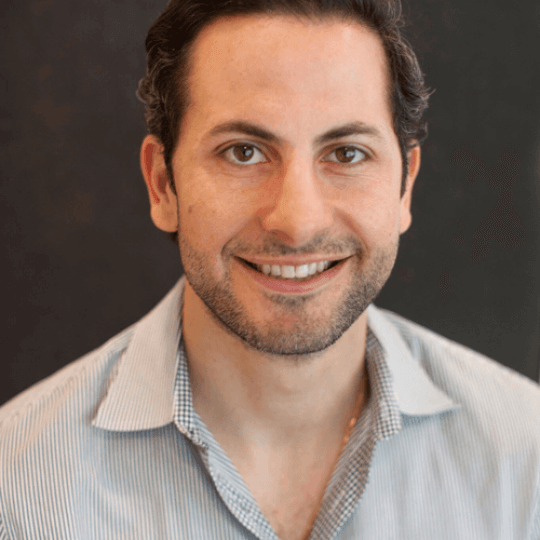If you find yourself craving sugar after entering recovery from a substance use disorder, you are not alone. What might start out as occasional cravings can turn into a consistent poor dietary choice. Because complete addiction recovery includes healthy dietary choices, it’s important to understand the benefits of quitting sugar.
Why do Recovering Addicts Crave Sugar?
Addictive behavior doesn’t just stop for everyone when they enter recovery from drug or alcohol addiction. Many people find themselves facing the challenge of urges to use other addictive behaviors. A lot of people report experiencing sugar cravings. While it may seem unrelated to addiction at first, it may be part of the same family of behaviors.
Consuming sugar affects the brain similarly to the way other chemicals do.
Sugar stimulates reward pathways to the brain similarly to other chemicals because sugar releases dopamine and similar chemicals. During the course of a substance use disorder, a person’s brain loses its ability to naturally produce these chemicals. It begins to rely on drugs or alcohol to falsely manufacture them, to the point of developing an addiction. When a person stops using drugs or alcohol, their brain needs time to repair itself and produce dopamine and other feel-good chemicals naturally.
During this time, many people develop an intense craving for sugar. They often initially believe this to be minor and don’t realize the benefits of quitting sugar or limiting their intake. Replacing one addictive substance with another quickly can become problematic, and keep the individual from learning to live life without relying on any type of pull to use something compulsively.
Problems With Sugar Consumption in Early Recovery
A lot of people make a joke that snacking or binge eating has become their new habit after quitting cigarettes. This also happens to those who have recently become sober. They lose the chance to address the absence of drugs or alcohol in their lives because they switched their addictive behavior to sugar consumption. Transferring one addictive behavior to another can impede a person’s ability to understand the true nature of addiction.
A stereotype abounds that you can’t find a 12-Step meeting that doesn’t involve scores of people who are smoking cigarettes or drinking coffee. This stereotype can also apply to sugar consumption during early recovery. Justifying any new fixation, such as “It’s just sodas” or “It’s only sugary foods”, as a safer alternative than drugs or alcohol is short-sighted. Any addictive behavior provides a chance to address it and eliminate it from a person’s life.
What Are the Benefits of Quitting Sugar in Recovery?
One of the benefits of quitting sugar revolves around the opportunity it presents to leave all addictive behaviors in the past. Learning to identify these types of behaviors as soon as they begin allows a person to maintain a vigilance that will help keep relapse from happening.
Incorporating a healthy dietary intake that doesn’t include a lot of sugar also provides multiple health benefits. When a person controls their sugar intake, they find it easier to maintain a healthy weight or achieve any medically necessary weight loss. Their energy levels remain steady, rather than spiking throughout the day, and they often enjoy healthier sleeping patterns. Replacing sugar with healthy substitutes reduces the chances a person will develop diabetes, supports heart health, and reduces the risk of cancer.
A healthy diet also contributes to better mental health. Approximately 50% of people with a substance use disorder also experience at least one mental illness. Another benefit of quitting sugar means the person may enjoy fewer instances of depression and other mood-related side effects caused by consuming too much sugar.
How to Quit Sugar While Recovering From Drug Abuse
Learning to eat a healthy diet that includes the benefits of quitting sugar won’t happen overnight but is obtainable. Advice for achieving this begins with not relying on a fad diet or advice from well-intentioned friends and family. Consulting with a nutritionist or dietician can help a person understand their specific dietary needs and how to accommodate them.
A healthy, sugar-free diet consists of certain foods, including fresh fruits and vegetables, lean meats and poultry, and fish. Whole grains, unprocessed foods, nuts, seeds, and legumes help the body maintain a steady level of energy. A person who changes their diet to eat healthy foods more often may find it stressful at first, but after a few weeks, it becomes second nature.
Many grocery stores and online shops offer various sugar substitutes and things like almond flour to cut down on carbs. The internet and cookbooks provide untold numbers of recipes that can quickly become favorites.
Addiction treatment programs help individuals get a jump-start on addressing the risk of becoming addicted to sugar during early recovery. Many programs offer nutritional counseling that sets a person up to understand how to shop and cook for themselves in a way that supports their physical health, mental health, and recovery.
Addiction Treatment in Los Angeles, CA
If you have an addiction but don’t know where to turn, Launch Centers in Los Angeles, CA, can help. We offer detox and outpatient services to young adults that address substance use disorders and any accompanying mental health issues. Visit our admissions page today, and we will be happy to answer any questions you have. Recovery begins with a phone call to us.







